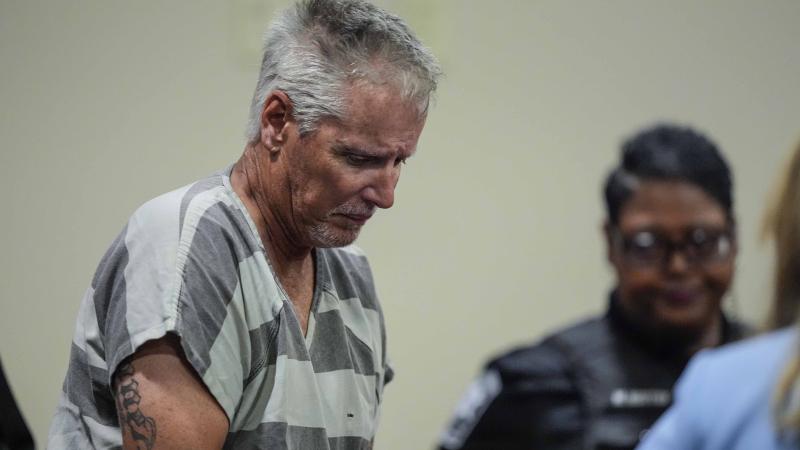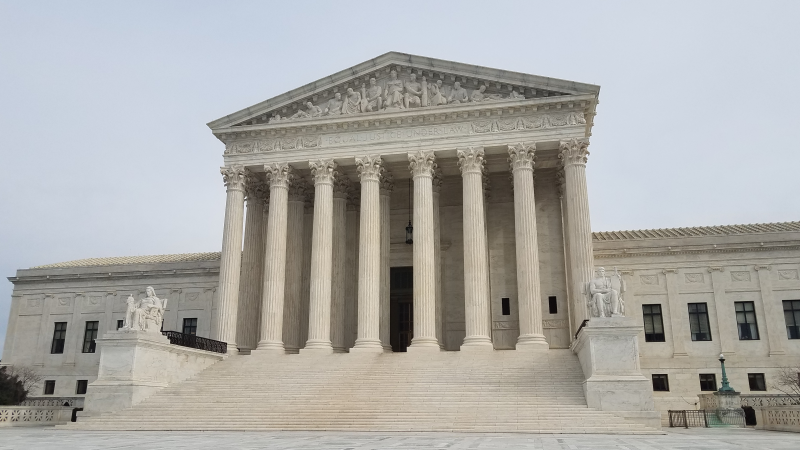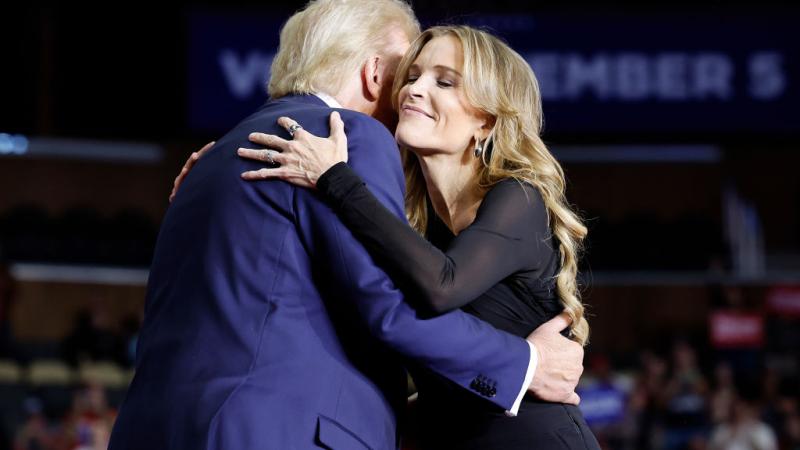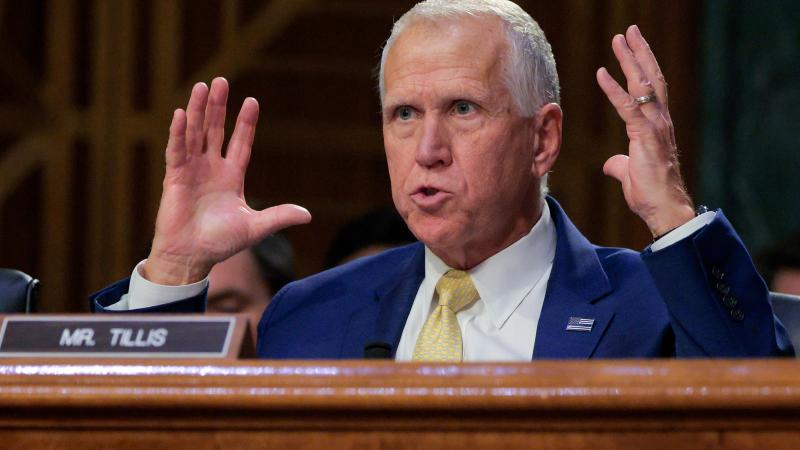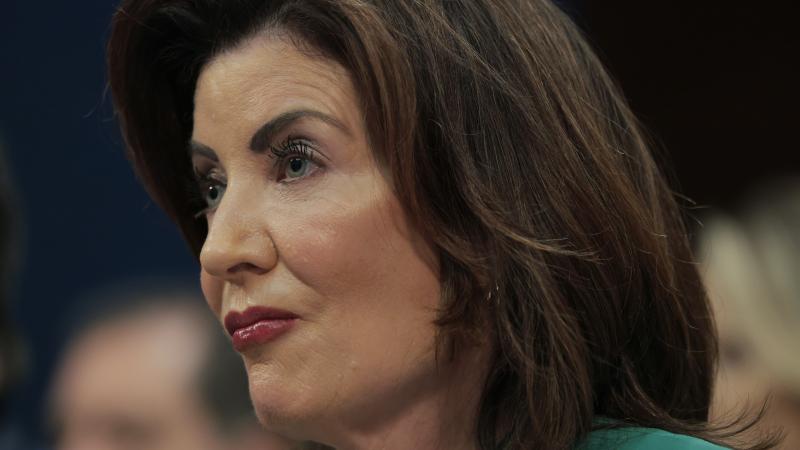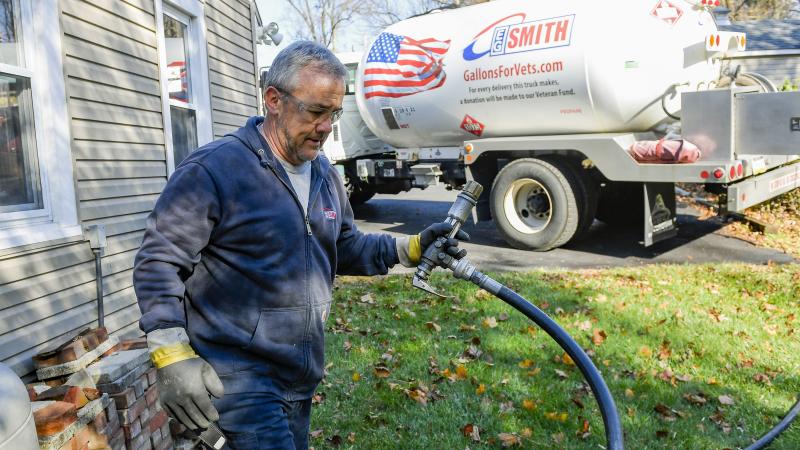COVID-19 vaccine mandate challenges falter as judges shrug at natural immunity evidence
Judge ignores "battle of the experts," finds that mandate opponents must prove rule "is not rationally related to a legitimate government interest."
Legal challenges to COVID-19 vaccine mandates on the basis of natural immunity are faltering, even as more research shows the comparable durability of the protection that natural antibodies afford against infection.
U.S. District Judge Paul Maloney denied a preliminary injunction Friday against Michigan State University's mandate, citing an order last month that left in place the University of California's mandate as litigation proceeds.
The course of litigation seems to be substantiating a warning by University of Notre Dame Law Professor Gerard Bradley, a vocal critic of mandates, that judges would be "very wary" of lawsuits that are "very heavily dependent upon medical facts and statistics."
Religious challenges are faring better. A federal judge Tuesday blocked New York Gov. Kathy Hochul from removing religious exemptions from a vaccine mandate for healthcare workers originally imposed by her predecessor, the disgraced Andrew Cuomo.
Illinois Gov. J.B. Pritzker is also seeking to "clarify" a state law that bans discrimination by public or private institutions based on a person's "conscientious refusal to receive" healthcare services.
Pritzker's spokesperson told ABC 7 the Health Care Right of Conscience Act is at risk of being "misinterpreted by fringe elements." The Fraternal Order of Police said it's considering invoking the law against Chicago Mayor Lori Lightfoot's COVID vaccine mandate for city employees.
As noted by the New Civil Liberties Alliance (NCLA), which is representing MSU employee Jeanna Morris, Judge Maloney previously issued an injunction against a vaccine mandate that violated the religious beliefs of student athletes, who "had no immunity whatsoever."
The public interest law firm didn't answer a query from Just the News on whether it plans to revisit its litigation strategy in the wake of these setbacks. Its first natural immunity challenge prompted George Mason University to issue a medical exemption to law professor Todd Zywicki, but the vaccine mandate remains in force.
The latest study to verify the protective power of natural immunity was published this week in the Journal of the American Medical Association Internal Medicine.
In a study of more than 800,000 Swedish families, Scandinavian university researchers found that family members without "immunity" — prior infection or vaccination — had a 45-97% lower risk of COVID infection "as the number of immune family members increased."
"The results were similar for the outcome of COVID-19 infection that was severe enough to warrant a hospital stay," they wrote. Notably, the researchers weren't able to perform a sensitivity analysis in fully vaccinated individuals because too few participated in the study.
Vaccination is also proving insufficient to protect older people, according to U.K. government figures published last week that showed fully vaccinated older age groups now had higher infection rates than unvaccinated younger age groups.
'Battle of experts'
Judge Maloney determined that "no fundamental right is implicated" by MSU's vaccine mandate, meaning employees must prove the policy "is not rationally related to a legitimate government interest."
While Morris is "absolutely correct" that the 14th Amendment protects her right to privacy and bodily integrity, she has "no fundamental right to decline a vaccination" and yet remain employed, Maloney wrote, saying she's unlikely to prevail.
The judge cited a 1985 ruling upholding mandatory childhood vaccination against a challenge based on philosophical as opposed to religious beliefs. That court noted that the Supreme Court's Roe v. Wade ruling, which found a constitutional right to abortion, specifically distinguished its holding from the 1905 Jacobson precedent that upheld mandatory vaccination.
It's irrelevant that the Massachusetts law challenged by Henning Jacobson was legislatively decreed and made no provision for natural immunity, Maloney wrote.
"Over the last year and a half, courts have looked to Jacobson to infer that a rational basis standard applies to generally applicable vaccine mandates; the facts of the case are obviously not going to be identical to every COVID vaccine case that has been or is currently being litigated," the judge said.
He cited U.S. District Judge James Selna's refusal to halt the University of California mandate in the face of natural immunity research as "persuasive authority" for his own ruling.
In the "battle of the experts" retained by NCLA and MSU, it's clear "there is ongoing scientific debate about the effectiveness of naturally acquired immunity versus vaccine immunity" — and it doesn't help Morris's case, Maloney wrote.
The university is acting rationally by relying on state and federal guidance from "agencies that have extensively studied the COVID-19 vaccine," and their view is that "the harm to others and the public could be serious" if MSU's mandate isn't enforced.
Morris is also not facing "irreparable harm" from her refusal to get vaccinated, a condition for a preliminary injunction, because she could eventually recover monetary damages from improper termination, Maloney said.
While more than 1,000 universities have COVID vaccine mandates as tracked by The Chronicle of Higher Education, not all large employers are mandating jabs.
Computer chip giant Intel reaffirmed Oct. 1 that it was still not requiring vaccination for its workforce, only requiring them to follow local laws. Managers may not ask for workers' vaccination status, and employees are not allowed to decline to work with unvaccinated colleagues.
The Facts Inside Our Reporter's Notebook
Links
- left in place the University of California's mandate
- University of Notre Dame law professor Gerard Bradley
- blocked New York Gov. Kathy Hochul
- ABC 7
- vaccine mandate that violated the religious beliefs
- George Mason University
- Journal of the American Medical Association Internal Medicine
- U.K. government figures
- 1985 ruling
- The Chronicle of Higher Education
- Intel reaffirmed Oct. 1

